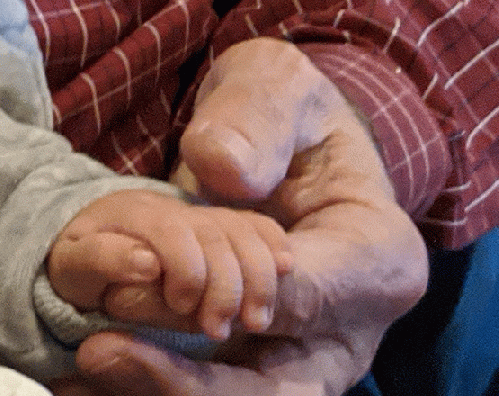One of the earliest lessons that children learn is that freedom comes with discipline. If one wants to walk free of the parent's hand, he or she has to demonstrate that they know how to stay out of the street and how to look both ways when crossing. Not so oddly, markets are the same way. The best markets are highly regulated so that there is at least a good chance of exchanges of goods being blindly equitable. Stock markets are a good example. The exchange of goods in those markets are free from interference from others as long as they live within the discipline required to maintain market equilibrium and trust in the market. So, insider information, for example, is prohibited by regulation from being used to give one party an informational advantage over the other.
Given these everyday examples of how freedom actually works, it's surprising that in the last couple of decades "freedom" has been redefined to mean "permission to do whatever I want." Given this new definition, it's not surprising that the term "free markets" is used to mean freeing the market from all regulation. Adam Smith, an economist in the 1700s, hypothesized that markets naturally generate optimal solutions for the buyer, the seller, and for society in general, thus making an argument that markets were best left to self-regulate. But this hypothesis was never true, as our experiments in allowing markets to more and more self-regulate during the last fifty years have demonstrated in excess. "Free Markets" lead to all the power of the transaction being on the side of the richest person in the exchange. (Just one example: often buried in the "terms and conditions" sections of the acceptance process of buying numerous things online now is a "take it or leave it" requirement that any dispute will be settled in arbitration and that there is no possible appeal to the courts.)
The exponential growth in recent decades of the billionaire class and its assets are a practical demonstration of the effects of removing all constraints on businesses. On the academic front, economists have begun to model markets to test Smith's 235-year-old hypothesis. That research has demonstrated that even if everyone starts out with the same assets, sooner or later some begin to have more. This naturally generated inequity in assets demonstrated in the modelling isn't from greater skill or keen insights, it's from pure luck. However, once one has assets, the probability for increases in assets do build--through no effort of the lucky person. In the end, the modeling demonstrates that unregulated markets lead to oligopolies, where a few people have most of the assets.
The combination of giving a very small number of people incredible wealth and the creation of a political movement that always sees government as a problem have gone hand-in-hand. The reason is that once one has wealth, one has the potential for outsized political power given an amenable political vehicle. A billionaire can simply invest their assets in index funds and expect something close to a five percent annual return. That would be fifty million dollars of additional assets without lifting a finger. More aggressive investors might well accrue more. With that kind of growth in assets easily expected, what does it matter if one invests ten million, or so, in political races. And, if one has sixty billion, then there is at least three hundred million every year to play with without touching the principle.
What political philosophy pays off most for billionaires? Well, they don't need any kind of safety net. Healthcare, clothing, transportation, shelter, and physical security can all be paid for out of the petty cash drawer. So, for billionaires their only need is for legislation that protects or enhances their wealth. This makes them fertile ground for any political movement that asserts that government is always the problem (as long as that movement acknowledges that minor legislative improvements are needed to help the rich be richer). That is why the size and strength of the billionaire class has grown in direct proportion to the number of people who don't believe in government. With minor effort one can see that a variety of likely billionaire-funded foundations, PACs, and academic sources are constantly propagandizing the need for more "freedoms" in order to build a political following that will help those same billionaires find more "freedom" and--incidentally--other "minor" changes needed to protect their wealth.
Redistribution of wealth from one end of the scale to the rest of us is required to prevent the most powerful from becoming all-powerful. For example, recently the Supreme Court decided that corporations were political persons and that they had a right to contribute as much as they want to political campaigns. Does one suppose this came out of a reading of the Constitution? Who exactly got more power from this? Does it help our government be a government of, for, and by the people? No. The Citizens United decision is just one of hundreds of actions over the last fifty years that have helped to move power to billionaires, people who in general don't care what your political philosophy is--even anarchy--as long as their share of the pie gets bigger.
If we as a people want more freedom, we have to find ways to reign in the power of the super-rich and their anarchist tendencies. Other western societies have demonstrated that caring for the necessities of life for everyone benefits everyone even if it means fewer billionaires. Greed and fear will not drive our society to anything good, but caring for others and seeing that a few people don't exercise outsized political power can.






